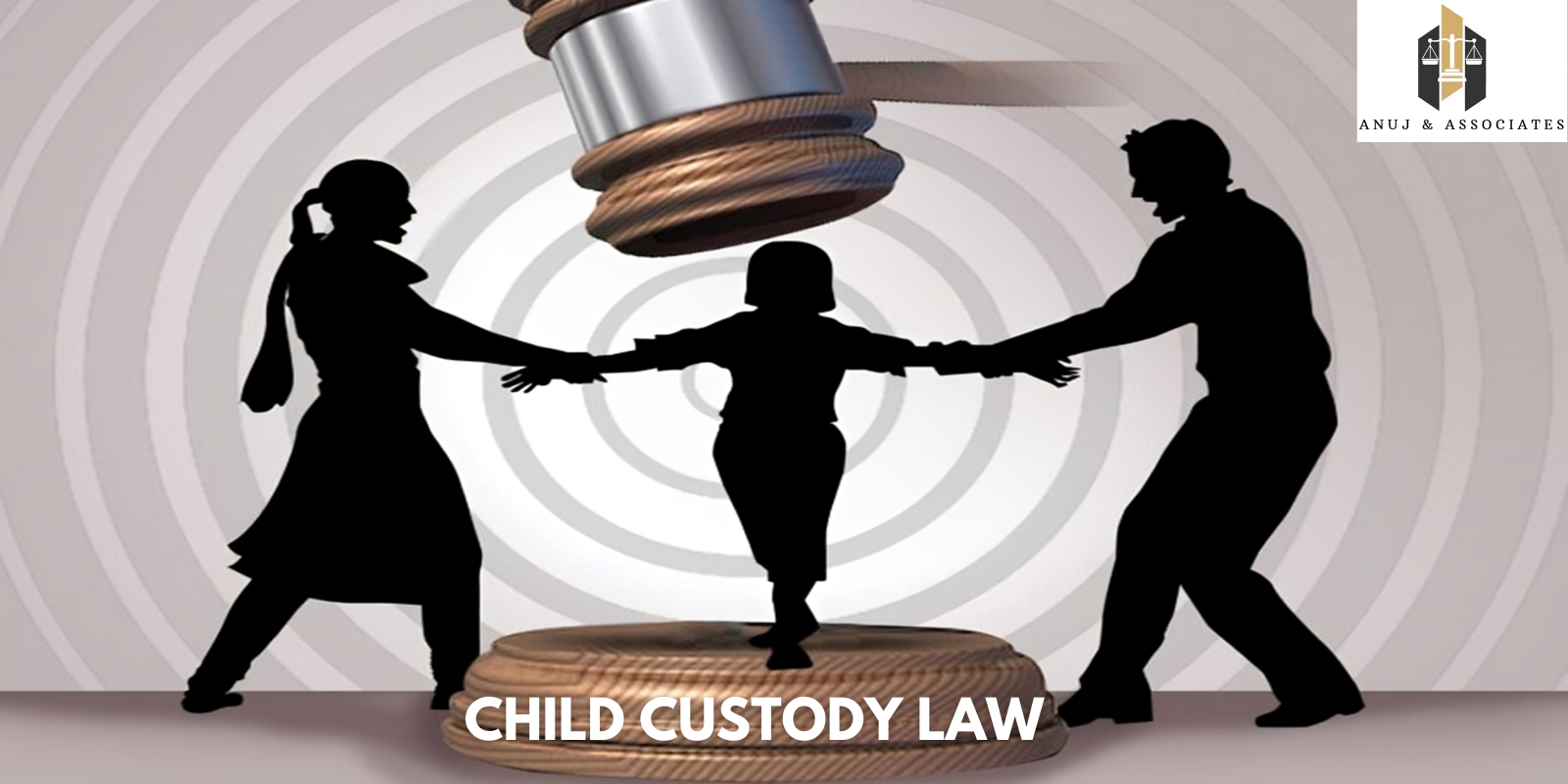
Child Custody Law
Legal battles over child custody can be emotionally draining and legally complex. At Anuj & Associates, we offer experienced legal assistance to ensure the best interests of the child remain at the forefront of every case. Our expertise extends to handling sensitive family law matters, ensuring that parents understand their rights and responsibilities. Courts generally grant custody based on several factors, including the child’s well-being, financial stability, and emotional support. We work diligently to present a compelling case that aligns with legal precedents while keeping the child's needs a priority.
Child custody encompasses both physical and legal custody. While physical custody determines where the child will reside, legal custody grants decision-making authority regarding the child's education, healthcare, and overall upbringing. Navigating these legal intricacies requires a specialized approach, which our firm provides with strategic representation and compassionate guidance.

Types of Child Custody in India
The Indian judiciary recognizes various forms of child custody, ensuring that decisions prioritize the child’s welfare. Courts carefully evaluate family dynamics before making custody decisions. Understanding these legal frameworks helps parents make informed decisions and seek the best possible arrangement for their children.
1. Physical Custody: This arrangement allows the child to live primarily with one parent while the other parent is granted visitation rights. Courts typically favor this arrangement when one parent is more capable of providing a stable home environment. However, they ensure that the non-custodial parent maintains a meaningful relationship with the child.
2. Joint Physical Custody: In cases where both parents are deemed fit to raise the child, the court may grant joint custody. Here, the child spends significant time with both parents, ensuring balanced emotional support and stability. This arrangement works best when both parents cooperate and maintain a respectful co-parenting relationship.
3. Sole Custody: Sole custody is awarded when one parent is found unfit due to reasons such as neglect, abuse, or financial instability. The custodial parent assumes full responsibility for the child’s upbringing, while the other parent may have limited or supervised visitation rights, depending on the case's circumstances.
4. Third-Party Custody: In some cases, neither biological parent is granted custody due to legal or personal issues. Instead, a third party, such as a grandparent or close relative, may be given custody if it serves the child's best interests. Courts take such decisions very seriously and ensure that the appointed guardian can provide a nurturing environment.
